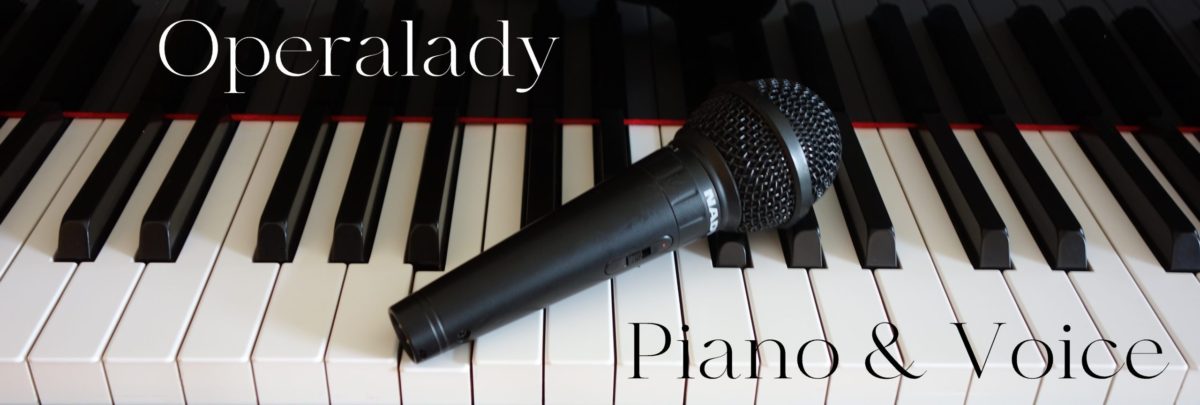Studio News - December 2023
With a wonderful Thanksgiving 2023 in the books, it's on to December and the winter break holidays. I wish to share with you what happened on Thanksgiving day 2023....
The week before Thanksgiving, the Greek Government approved my application for dual citizenship, a big milestone. Next, my name was to appear in the Gazette, which is the official journal/website of the Government of Greece that lists all laws passed in a set time period ratified by Cabinet and President. We didn't know the time frame of when my name would appear on the website, so my husband David has been diligent in checking.
On Thanksgiving night, my name appeared. Δόξα ο Θεος! (Praise God!)
The last step is to make an appointment with the Greek Consulate in Houston to take the oath.
With enough patience (in my case, 8 years), dreams can come true. I would be lying if I said I never lost hope. I would be lying if I said I never thought of giving up. I've gone through the tenure of 3 different Consuls - with the 2nd one causing me to drive 2 1/2 hours back to Austin in tears. That was a low point. I have to thank my daughter Andrea, who is a bull-dog in finding ways to get things done. She kept my spirits up. She found a Greek lawyer that would take our case, which was truly unique. Ironically, her paperwork is still in process, but our lawyer says should reach completion soon. Chase your dreams. Be methodical, but most of all, be patient. Remember this.
Those of you who have been with me for a long time know that I sold my house in Austin in March 2022, with the intention of moving to Greece upon completion of my dual citizenship. I never thought the process would take this long, but am excited and grateful that I'm at the end of one chapter and beginning a new.
Starting in January, I will be closing down my teaching business. It is bittersweet as I love teaching one on one, and I've enjoyed being a presence in your lives! On the other hand, I am ready to begin a new journey. I've been toying with an idea of teaching Orthodox Christian choirs various church hymns by audio/video means - something similar to what TMEA does with their school choirs (only they don't use video). Over the years, I have made hundreds of audio recordings of soprano/alto parts. I started a YouTube channel called "Orthodox Hymns", which shows sheet music with audio in the background. Listening to the audio while viewing the sheet music is something I tell students all the time when learning new pieces, so here it is in practice. I have other ideas on how to expound on this concept so I have plenty to do to stay creative.
I wish to thank all of you for enriching my life with your youthfulness, energy, happiness, and most of all, your talent. Thank you!
December Events & Deadlines:
• Friday, Dec 15: Last day of Lessons
Practice Tip: Chase your dreams. Be methodical, but most of all, be patient. This mode of thinking applies to anything you set your mind to, especially in learning to play an instrument, whether it is the piano or your voice. I'm leaving you with a foundation that you can build upon. Want to learn a new piece of music of YOUR choosing? Be methodical - what's the time signature and key signature? Major/minor sounding? Start with the right hand, then follow up with the left. Work one phrase at a time. Put it all together slowly and methodically. Hit a snag? Be patient and focussed. Think it through in your mind on how it should sound. Write in some note names if you keep missing a note. Voice students - also look at the time & key signature, major/minor sound, but then focus on the melody, pronunciation, vowel placement, and telling a story. Put it all together slowly and methodically, one phrase at a time. Record yourself so you can hear the piece from another point of view.
Chase your dreams......
I love you all!


With thanks! Valuable information!